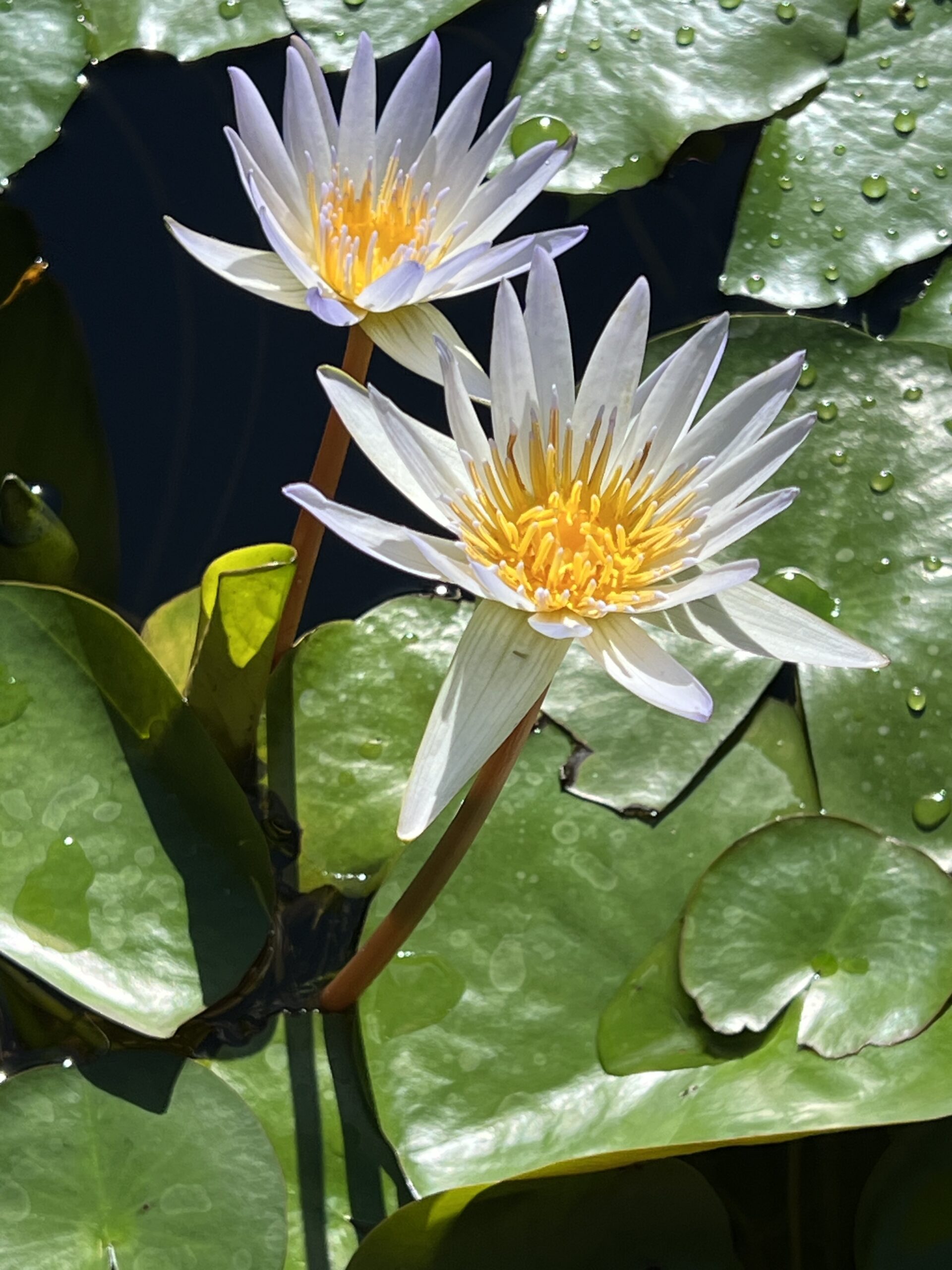BASIC GOODNESS
“The true secret of happiness lies in taking a genuine interest in all the details of daily life.” William Morris
To be completely honest, I’m not sure I’m equipped to expound on Trungpa’s Shambhala Vision or that of his spiritual warrior. I’ve reread the first few chapters over and over again, and find it nearly inaccessible in its simplicity. I know. That sounds like an oxymoron. A part of me says: “What’s going on here? Where’s the esoteric philosophy? The multi-syllable foreign words and obscure religious doctrines? The fire and brimstone?”The latter is what I feared awaited me as I experimented with “Beyond Meat” to “beef up” (pardon the pun) the leftover bolognese sauce that we’re planning on eating at my daughter’s this week. The conversation in my head as I defrosted this faux meat product was anything but encouraging, fearing it would be rejected by all and a general waste of my time and energy. I ploughed on anyway, because of something I’d just read in Trungpa/Dorje:
“You have to relax with yourself in order to fully realize that discipline is simply the expression of your basic goodness. You have to appreciate yourself, respect yourself, and let go of your doubt and embarrassment so that you can proclaim your goodness and basic sanity for the benefit of others.”
In brief, the first half dozen chapters of Shambhala expound on this theme of basic goodness and intelligence, or sanity. It’s a reiteration of a popular self-help book I’m OK — You’re OK written by psychiatrist Thomas Anthony Harris in 1967. Though I read the latter when I was a teen, it stuck with me for the same reason I bring it into this essay today. Harris’s work emphasized how universal are the problems arising from the culture of comparing and competing that pervaded my formative years, and likely yours. This culture has spawned many great accomplishments — we have put humans on the moon and increased our convenience and longevity through science and technology. It has also sown the seeds of insecurity and anxiety that are rampant in 21st century society. Hence Trungpa’s insistence on a new vision for what he calls an enlightened society. Through explanation and meditation he aims to synchronize mind and body, and attune these to the natural order. As Morris would say, to take a genuine interest in all the details of daily life.
One of the obstacles to such an attunement is fear in any of its various forms: fear of rejection, of inadequacy, of pain and shame, and ultimately, fear of our mortality. Trungpa writes:
“The key to warriorship and the first principle of Shambhala vision is not being afraid of who you are. Ultimately, that is the definition of bravery: not being afraid of yourself” and
“If we are willing to take an unbiased look, we will find that in spite of all our problems and confusion, all our emotional and psychological ups and downs, there is something basically good about our existence as human beings. Unless we can discover that ground of goodness in our own lives, we cannot hope to improve the lives of others. If we are simply miserable and wretched beings, how can we possibly imagine, let alone realize, an enlightened society?”
Trungpa also provides this answer:
“The discovery of basic goodness is not a religious experience, particularly. Rather it is the realization that we can directly experience and work with reality, the real world that we are in. Experiencing the basic goodness of our lives makes us feel that we are intelligent and decent people and that the world is not a threat. When we feel that our lives are genuine and good, we do not have to deceive ourselves or other people. We can see our shortcomings without feeling guilty or inadequate, and at the same time, we can see our potential for extending goodness to others. We can tell the truth straightforwardly and be absolutely open but steadfast at the same time.”
Sounds simple enough, right???
